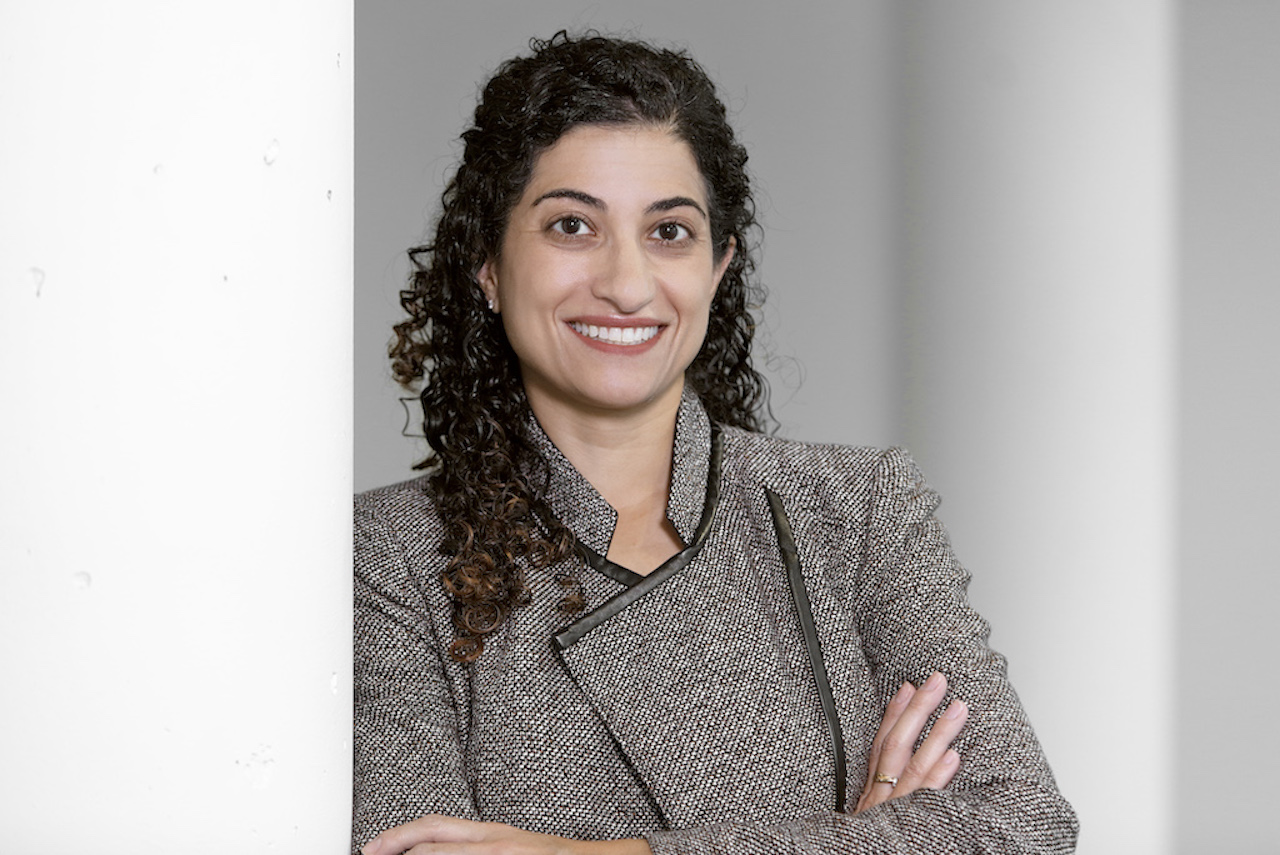Maryam Z. Deloffre, associate professor of international affairs and director of the Humanitarian Action Initiative, recently published The Why and How of Global Governors: Relational Agency in World Politics in the International Studies Review, and The Sphere Project: Imagining better humanitarian action through reflective accountability institutions and practices as part of the title Imagining Pathways for Global Cooperation.
In The Why and How of Global Governors, she brings together several researchers to discuss what agency in world politics is and how actors gain it in the first place. In a forum, the scholars apply relational frameworks to the question, focusing on the dynamics of self-agentification, delegation, and recognition. Taken together, the contributions call for a more dynamic research agenda that not only allows scholars to reconstruct how agency emerges, but also pushes toward an agency-focused reframing of global governance, which is needed to ensure the continued relevance of the paradigm.
In the Sphere Project, she traces how standard-setting in the humanitarian sector embedded reflexivity and learning. In the late 1990s, the Sphere standards were developed as one of many efforts to produce minimum performance and accountability standards for the sector, but for "a sector rooted in volunteerism, compassion, and ethics, the idea of developing collective standards was extremely controversial." Her chapter thus engages two of the organizing research questions in the volume, namely: how do specific imaginations occur and become collectively shared? And how are imaginations inscribed into organizational and procedural arrangements?


